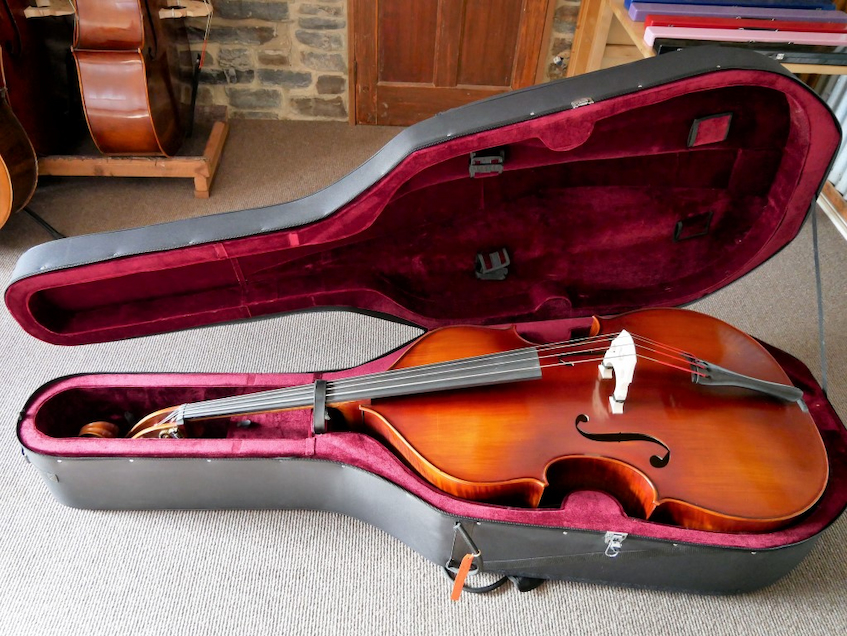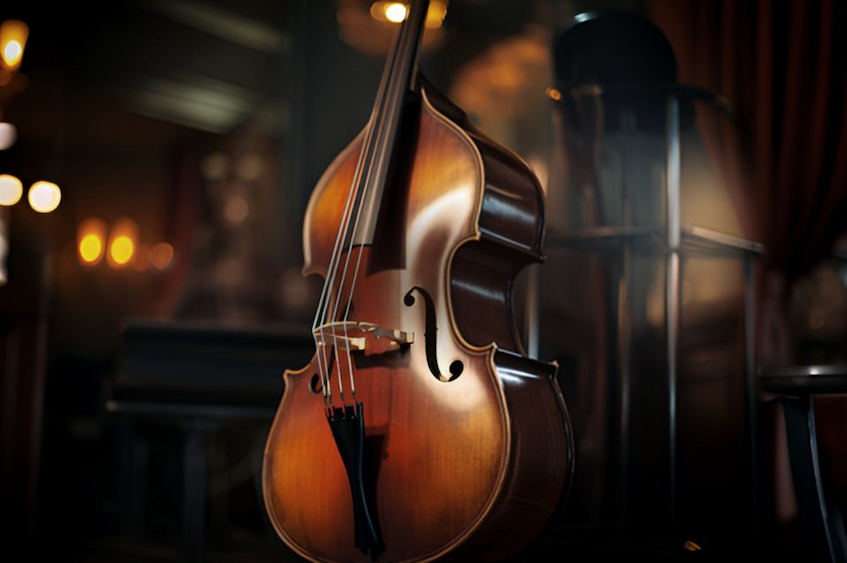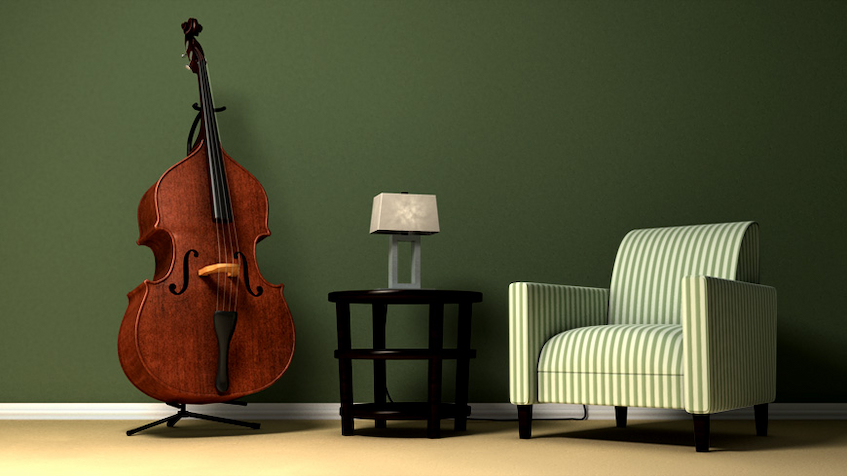Buying and playing a double bass is an exciting musical adventure. It’s also a big investment in your passion. But to make sure your double bass stands the test of time, storing it in a proper care is essential. Whether you’re committed to lifelong performances or passing down the love of music, these simple tips will help you maintain your instrument. Following these guidelines will ensure that your double bass preserves its rich, deep tones, remaining a faithful companion throughout its journey with you.
Protect with a Quality Case

Protecting your double bass with a high-quality case is essential to ensure its longevity and safety. When browsing upright bass cases online, you’ll find options that perfectly match your needs. Whether you opt for a hard or soft case, each offers distinct advantages. Hard upright bass cases offer robust protection with a sturdy outer shell, typically made of fibreglass or wood, ideal for safeguarding your double bass during travel or storage.
They provide excellent resistance against impacts and are suitable for rough handling environments. On the other hand, soft bags are lightweight and easier to carry, usually made from durable fabrics like nylon or canvas. They offer basic protection against scratches and minor bumps, making them convenient for rehearsals.
For those who frequently play gigs, a bass bag with carry handles and strong backpack straps is ideal for easy transportation. Bonus points if it has wheels! Also, prioritise a case with a lot of storage for your sheet music and accessories, making sure everything you need is always within reach. While you can’t go wrong with a classic black case, there are plenty of stylish options available if you want something that stands out.
No matter what design you choose, ensure the double bass case has foam padding to protect your instrument from impacts and is covered in a tearproof, water-resistant fabric to guard against the elements. This combination of padding and durable fabric is crucial for preventing damage from accidental drops or exposure to rain.
When storing your double bass at home, be mindful of its placement, whether it’s in a soft bag or a hard case. If you have a hard case, it’s safe to leave the double bass standing up against a wall or in a corner. However, be cautious when doing the same with a soft bag. Make sure everyone in the house knows where your double bass is kept. Despite its size, the instrument is delicate—knocks can lead to broken bridges, dislodged soundposts, and other damage.
Clean Regularly
To keep your upright bass clean, always wash your hands before playing. After each session, use a soft microfibre cloth to wipe down the body and strings, removing rosin dust and fingerprints. Regularly cleaning with a lint-free cloth helps maintain its appearance. If the fingerboard feels dry, consider oiling it to keep it in good condition. Polishing the body can enhance its look and extend its life. Avoid using aggressive cleaners and solvents, as they can damage the finish.
Maintain the Strings
Maintaining your bass strings is key to good sound and long-lasting performance. Regularly wipe them down with a soft cloth after playing to remove sweat and oils that can cause corrosion. Check your strings for any signs of damage like fraying, caked-on rosin, or a duller sound. If you notice these, it’s time for a change. Replace your strings one at a time to keep the bridge and soundpost tension consistent. Occasionally clean strings with rubbing alcohol on a cloth, avoiding the fingerboard. Well-maintained strings sound better and protect your bass from unnecessary tension and damage.
Humidity Control

Double basses are made of timber, so they’re sensitive to humidity changes. Wood expands and contracts with weather changes, which can cause cracking or loose sound posts. Think of it like a wooden door that sticks during rainy seasons. Having a humidifier in your case and using it regularly can help protect your bass by keeping it at a stable humidity level. If your bass isn’t confined to a case, you can opt for a regular room humidifier instead.
Avoid Direct Sunlight
Avoid exposing your double bass to direct sunlight or extreme temperatures. Leaving it in a hot car, even for a short time, can cause stress and damage due to the specialty glues used in its construction reacting negatively to heat. Always keep your bass in a stable environment. Avoid placing it against west-facing walls, which can get very hot in summer, and keep it away from air conditioners, heaters, or open fireplaces. These temperature variations can harm your instrument, so always store it in a cool, stable place to ensure its longevity.
Bow Care
Taking good care of your bow is essential for maintaining your double bass. Always handle the bow by the frog, avoiding touching the horsehair to prevent oils from your fingers from causing damage. After playing, loosen the bow hair to relieve tension and prevent warping. Regularly wipe the stick with a soft cloth to remove rosin buildup and dust. Avoid over-rosining, as excess rosin can create a sticky mess. Store your bow in its case to protect it from physical damage and humidity changes.


